
The Timeless Harmony: Exploring the Historical Significance of Organ Music
From grand cathedrals to small chapels, the sound of organ music has shaped the way we experience spirituality and culture throughout history. Its deep, resonating tones have echoed through time, bridging generations and influencing numerous musical traditions. This blog explores the historical significance of organ music, its impact on society, and why it continues to be a revered choice for musicians and listeners alike. As we delve into the beautiful world of organ music, we will also touch upon the benefits of a pipe organ, why people still learn to play the organ, and how it connects to the broader musical landscape. So grab your organ sheet music and get ready for a melodic journey!
Tracing the Roots: The Origin of Organ Music
Organ music dates back to ancient civilizations. The earliest known organ, the hydraulis, was invented in Greece around 300 BCE. This water-powered instrument utilized a series of pipes and a water pump to produce sound. Operating with pressurized air, it laid the foundation for what we now recognize as the modern organ.
The Rise of the Pipe Organ
Fast forward to the Middle Ages, we witness the rise of the pipe organ, which became a staple in churches and cathedrals across Europe. The pipe organ harnesses the power of compressed air, which flows through various pipes to create a rich tapestry of sound. With its ability to produce a wide range of tones, the pipe organ became synonymous with sacred music. The benefits of a pipe organ extend beyond mere acoustics. Its grandeur enhances the atmosphere in places of worship, elevating the spiritual experience for congregants.
Organ Music’s Cultural Impact
The influence of organ music is etched in various strands of culture. It has transcended the boundaries of religion, making its way into secular music, theatrical performances, and even film scores. This adaptability speaks volumes about the organ's versatility and emotional depth.
Transforming Worship and Community
In a time when many communities gathered for worship, organ music played a crucial role in reinforcing collective identity. In cathedrals adorned with stained glass, the sound of a skilled organist would often guide congregants through hymns and chants. The organ became the voice of the church, capable of expressing the inexpressible, evoking emotions ranging from joy to solemnity.
Connecting Generations
One of the most beautiful aspects of organ music is its ability to connect generations. Many families pass down the tradition of organ playing from one to another. Children often learn to play the organ through family ties, just as they do with the piano. This sharing of knowledge not only strengthens family bonds but also preserves the historical legacy of this magnificent instrument.
The Great Composers: Masters of Organ Music
Throughout history, several composers have contributed significantly to the organ's repertoire. Names like Johann Sebastian Bach, Camille Saint-Saëns, and Olivier Messiaen are just a few of the celebrated figures who have highlighted the organ's majestic quality. Bach, in particular, is often referred to as the "master of the organ." His works include intricate fugues and preludes that showcase the instrument's capabilities.
Creating a Lasting Legacy
The compositions of these masters not only enriched the world of organ music but also influenced generations of musicians. From early sheet music to modern arrangements, their works continue to be performed today, allowing new audiences to experience the magic of organ music. For aspiring musicians looking to expand their repertoire, seeking out organ sheet music from these iconic composers is a great way to gain insight into the instrument's historical significance.

The Evolution of Organ Music in Modern Times
As we moved into the 19th and 20th centuries, the world of organ music began changing dramatically. The industrial revolution brought advancements in technology, allowing for the electric organ's development. This innovation made the instrument more accessible to the masses and diversified the styles of organ music in popular culture.
Integrating with Popular Genres
Today, organ music is not confined to traditional settings. Many genres have embraced the organ, including jazz, rock, and even electronic music. The versatility of the organ allows it to blend seamlessly with other instruments, creating a richer sound. Icons like Jimmy Smith and Jon Lord demonstrate how the organ can enhance the listening experience in popular music, inviting new admirers.
The Therapeutic Benefits of Playing Organ Music
Aside from history and culture, learning to play the organ also brings numerous personal benefits. Many musicians find solace in playing their favorite pieces, and studies show that music therapy can offer emotional and psychological support. Engaging with music, especially through a complex instrument like the organ, fosters creativity and emotional expression.
Why You Should Learn to Play the Organ
So, why should you learn to play the organ? Here are several compelling reasons:
- Enhances Cognitive Skills: Learning a complex instrument like the organ improves memory, coordination, and problem-solving abilities.
- Increases Emotional Well-being: Music serves as a powerful outlet for emotions, with many players finding joy, relaxation, and relief from stress.
- Fosters Discipline: The commitment required to master the organ instills a sense of discipline and dedication that transcends music.
- Creates Lifelong Connections: Many organists find joy in community, whether through congregations, music societies or simply sharing their music with family and friends.
Preserving the Heritage: Continuing the Tradition of Organ Music
As history has shown, the heart of organ music beats on. Young musicians eager to embrace this classic instrument must have access to quality organ sheet music and resources. Schools and music programs facilitating organ lessons are essential for preserving this beautiful tradition.
Encouraging Future Generations
Music educators and institutions have a vital role in encouraging upcoming generations to explore the world of organ music. Workshops, in-person lessons, and even online courses can bridge the gap, making it easier for youngsters to connect with this incredible instrument. By promoting opportunities to learn to play the piano and organ, schools can cultivate a new generation of talented musicians who appreciate the significance of this rich musical heritage.
A Resonant Legacy: Why Organ Music Matters Today
In an ever-evolving musical landscape, organ music retains a special place in hearts and minds. It represents spirituality, community, and artistry woven through centuries of human experience. The echoes of the past resonate within every note played on the organ, reminding us of the sanctity of music. From celebrating sacred moments to introducing diverse genres, the organ fosters connections we share with one another.
When fully embraced, organ music could ignite passion in future musicians, allowing them to appreciate its historical significance while crafting their unique contributions. It is a reminder of history that deserves to be celebrated, taught, and passed along to future generations. So, whether you wish to deepen your spiritual journey or explore your musical talents, dive into the captivating realm of organ music today and discover the magic it holds!
Silent Night Free Sheet Music Canon | Easy Organ Arrangement for Christmas
Away in a Manger Intermediate Piano Solo
Christ the Lord is Risen Today Fanfare | Easter Organ Sheet Music. For Organ, Choir or Congregation
I Know That My Redeemer Lives Sheet Music | Sacred Organ Reharmonization
View Comments
Leave a Comment
No comments



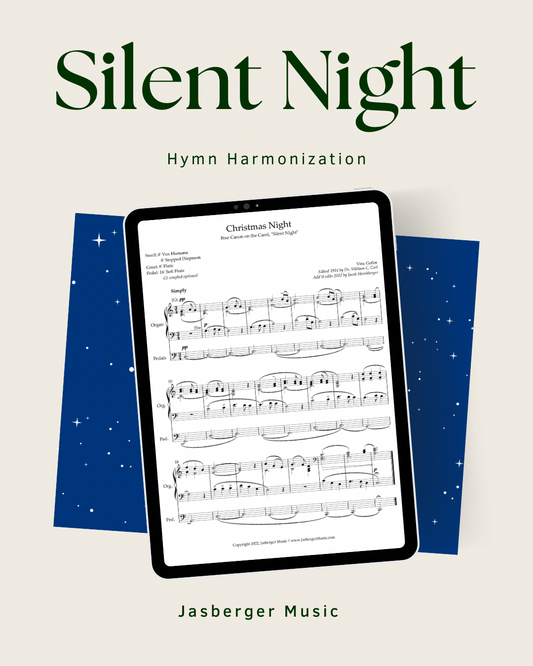
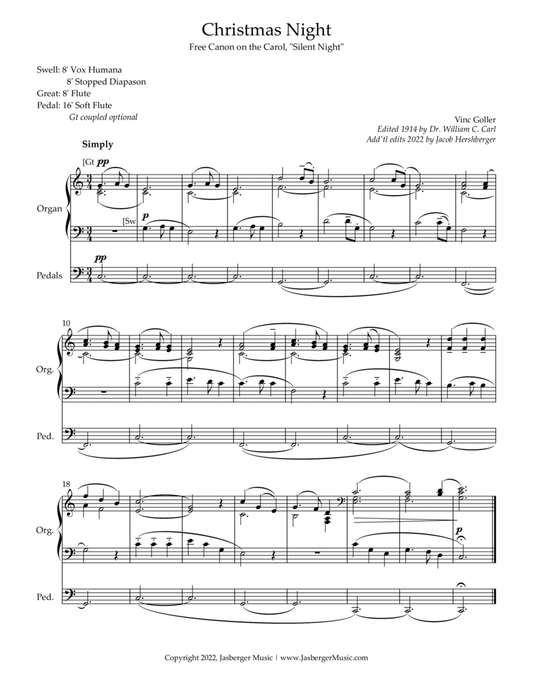
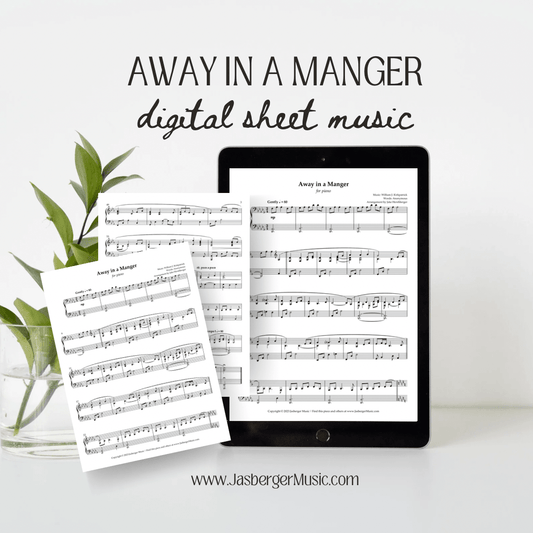
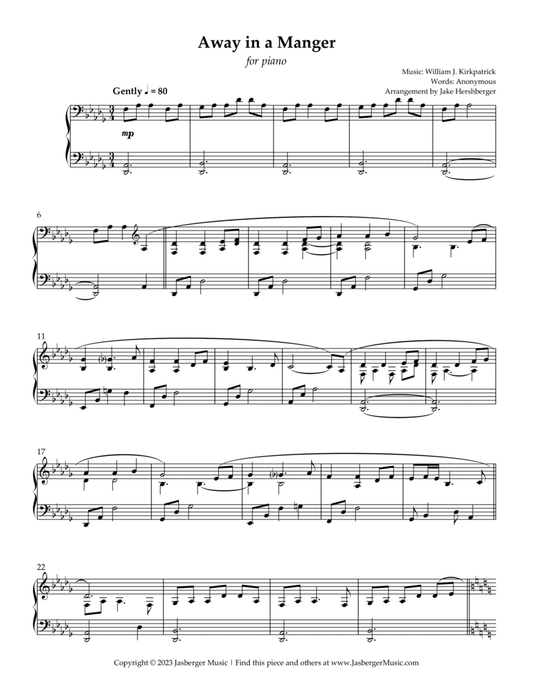
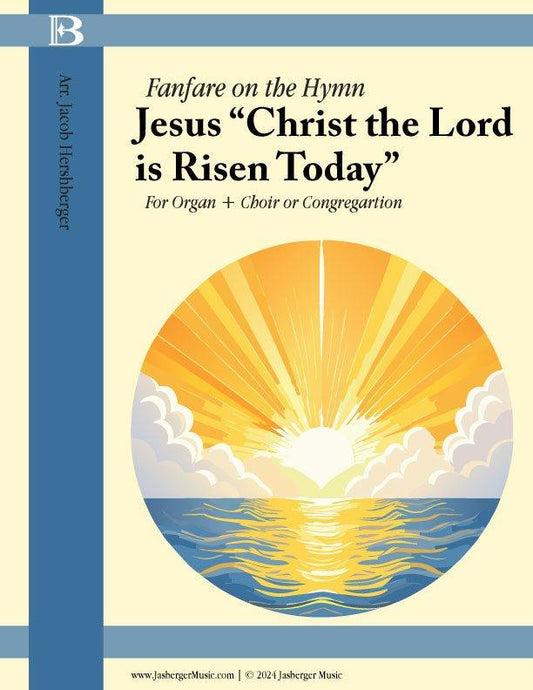
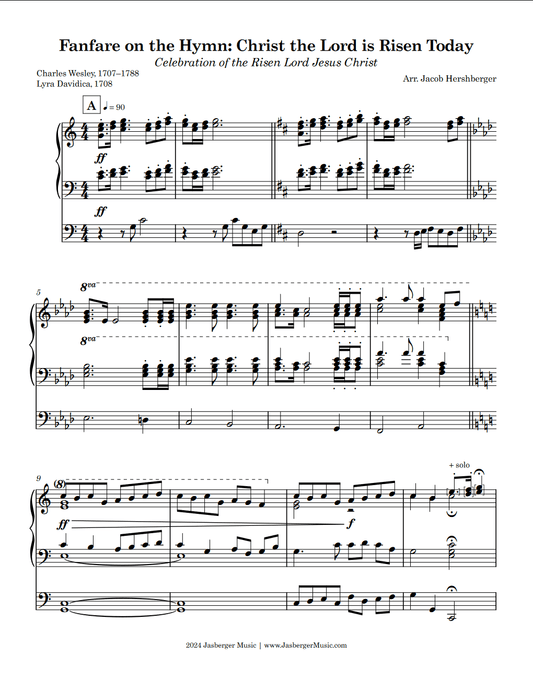
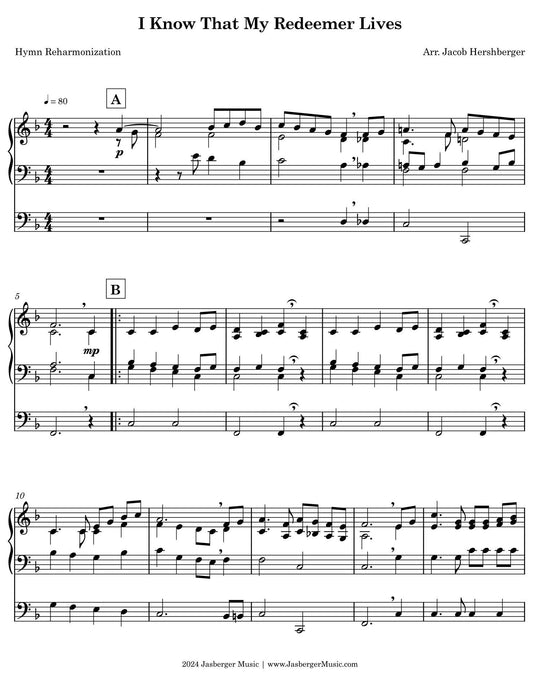

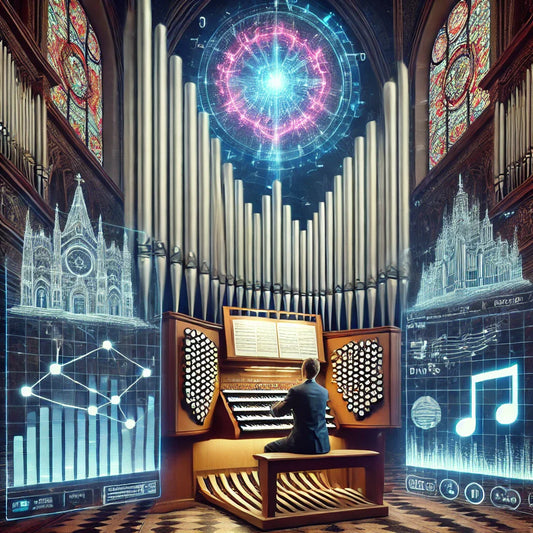
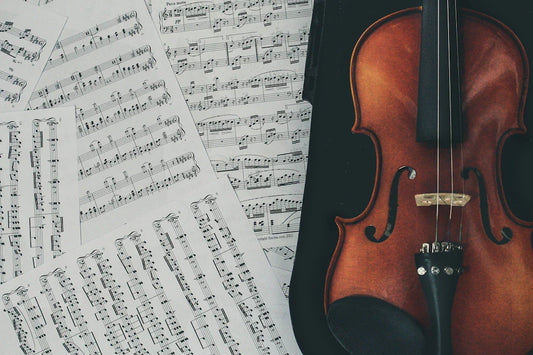
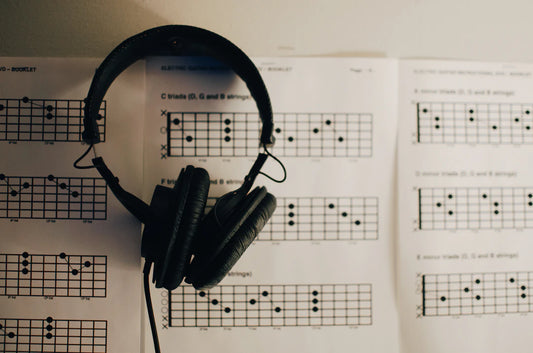
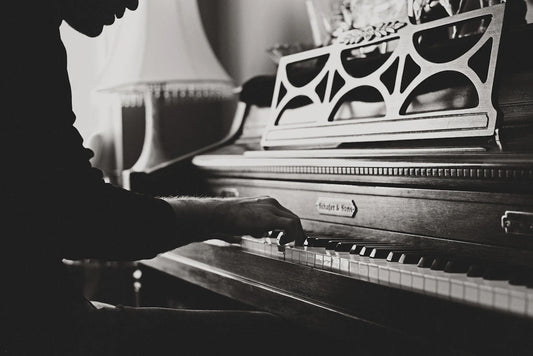
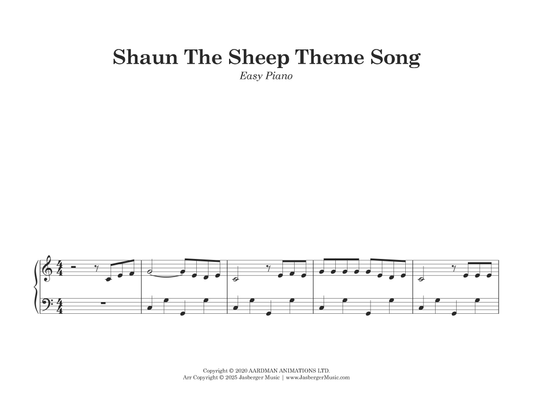
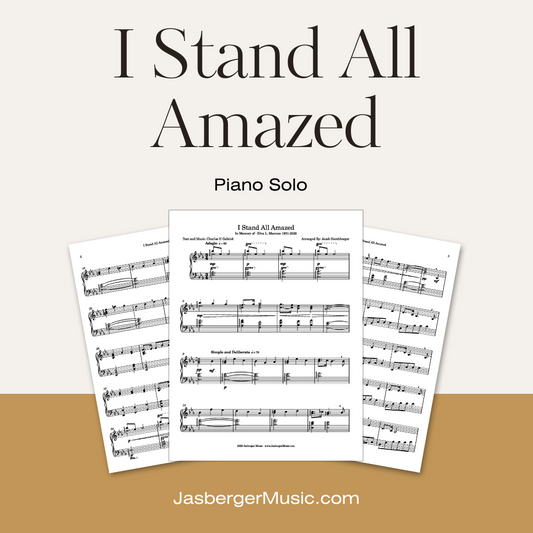
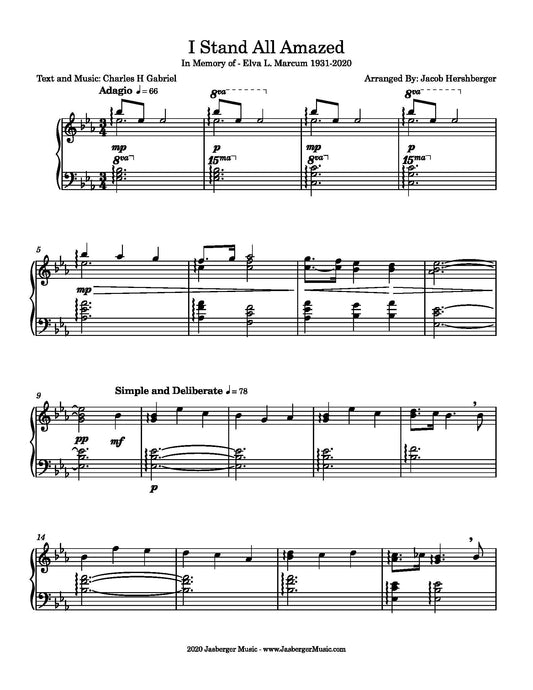
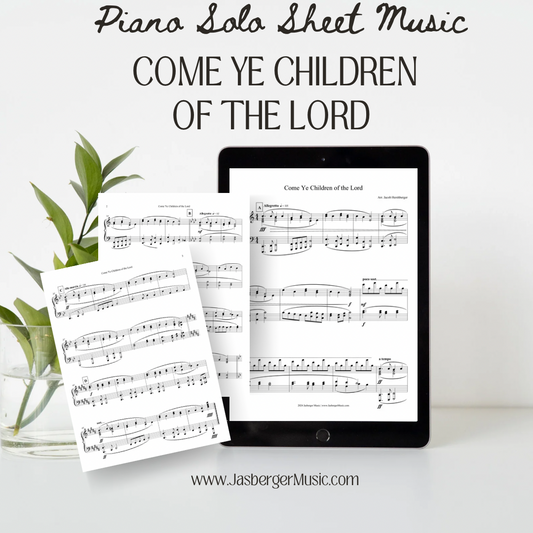
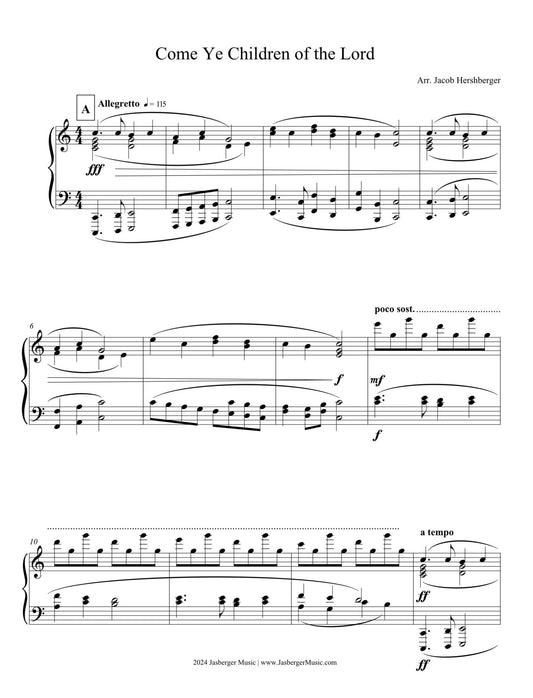
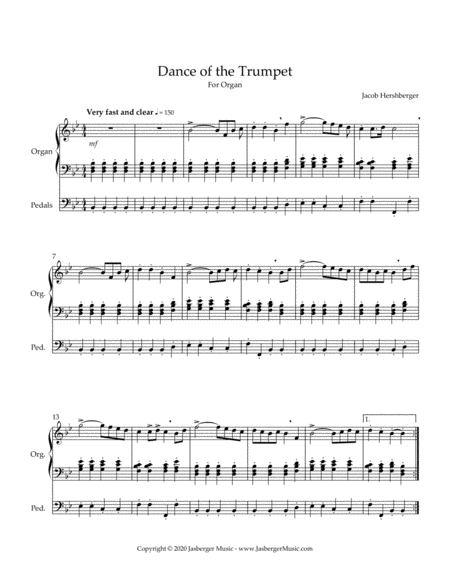
comments